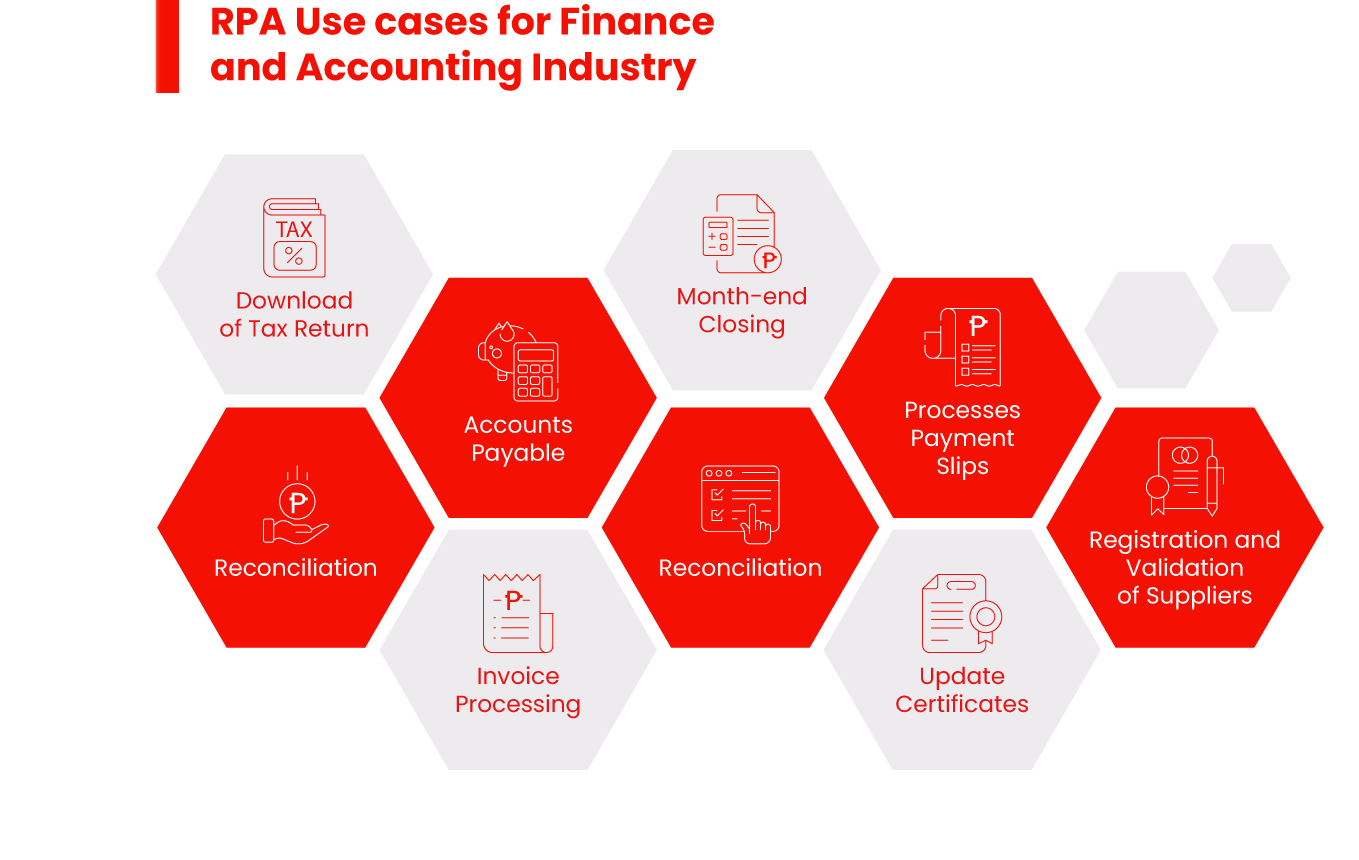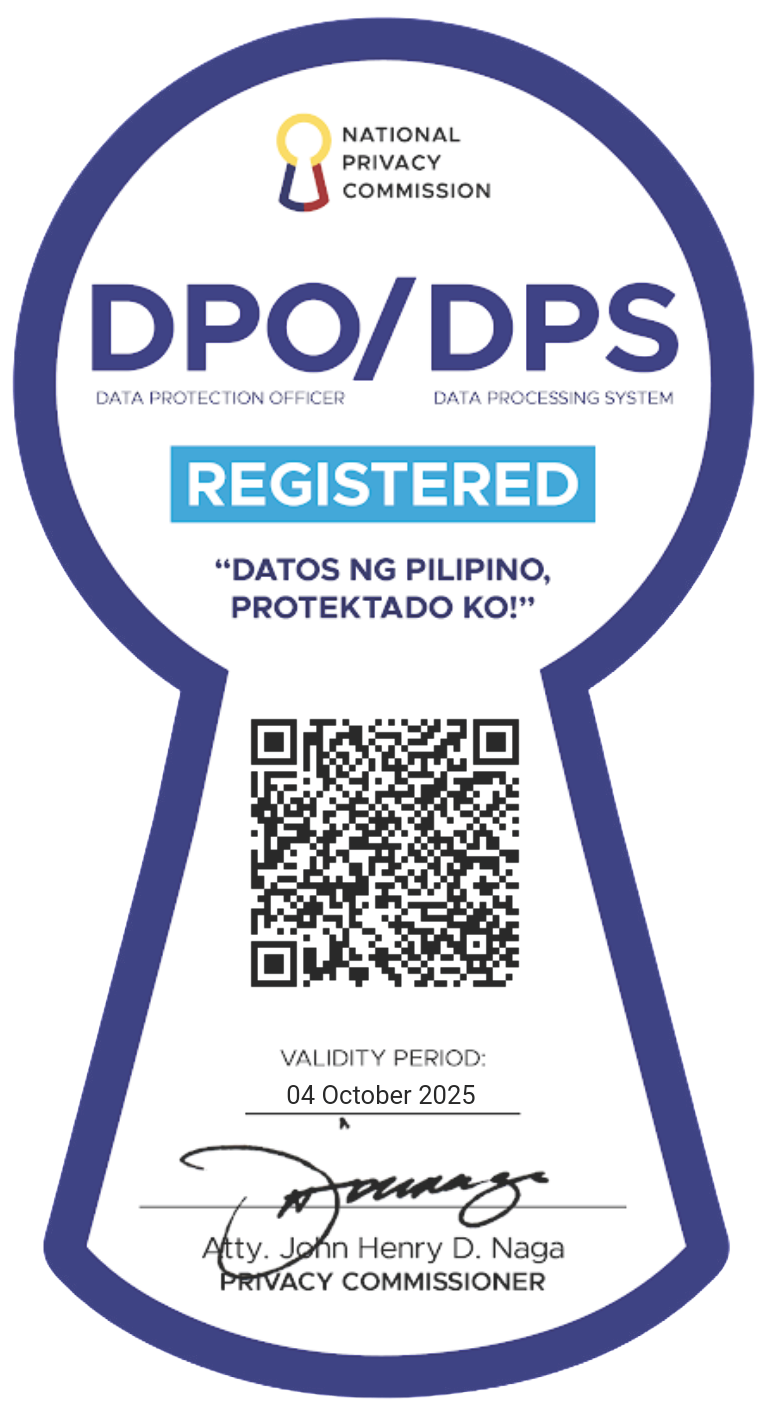
Automation and RPA are boosting operational success in the finance sector.
Finance and accounting departments in every organization are overburdened due to a lack of trained resources, increased transactional volume, repetitive manual tasks, and segmented and diverse input sources. Adding new employees will never solve the problem because the training and remuneration will multiply exponentially. Filling these productivity gaps in the financial sector with the power of automation and RPA is the smartest decision.
Robotic Process Automation (RPA) has emerged as the fastest-growing solution in the finance industry, transforming all human-driven processes in order-to-cash, record-to-report, and procure-to-pay. It eliminates all data entry errors, resulting in complete accuracy and reduced processing times—all at the lowest possible cost when compared to the manual team. RPA enables businesses to benefit from quick implementation and immediate ROI.
Globally, financial institutions are still treading water and struggling to reduce human involvement in order to drastically and seamlessly increase output. Typically, they begin with small, tightly articulated pilot programs with limited funding but more explicit goals. Tax impositions and legalities are too complex in many countries to be managed competently by humans. In such a case, RPA solutions can help these teams spend less time on repetitive tasks and more time on developing their strategic goals.

Download of Tax Return Files:
Companies frequently spend time granting access to accounts and downloading tax return files or slips for later reconciliation.
This task can be tedious and lead to operational errors.
Account Receivable or Accounts Payable Automation:
AR or AP Automation modernizes all accounts receivable or payable processes using RPA and electronic systems for faster invoice delivery.
Invoice Processing Automation:
Automation of invoice processing simplifies data extraction, data entry, and processing. When used properly, invoice automation saves time and money.
Month-end Closing:
Month-end closing automation platforms streamline critical month-end tasks by handling complex calculations with a single click.
Automated Reconciliation:
Automated reconciliation saves time by automatically matching bank statements to transaction records.
Processes Payment Slips in the ERP:
Bills, receipts, and collections are downloaded automatically into management platforms like SAP and/or TOTVS, eliminating the need for
an FTE to oversee this activity.
Registration and Validation of Suppliers:
Some customers have a high volume of new supplier requests and struggle with the registration process every time. By automating this task,
teams can save time on registration and easily and regularly audit these suppliers for their tax framework. This will save employees time and increase revenue.
Currently, organizations have automated fraud detection systems built-in to combat such threats. Most of these tools use RPA, allowing banks to monitor and eliminate threats before they become unmanageable. Automated notifications and alerts can be sent to key stakeholders to ensure rapid recovery. It can analyze all existing data and track previous threats to establish a robust defense mechanism against all fraudulent transactions.
Managing an organization's daily investment and expense flow requires technical expertise, pressure-handling skills, and mental toughness. Bookkeeping and other financial duties require complex math. Comptrollers must stay abreast of changing international financial standards and certain strategic executive decisions. Finance departments will soon be able to focus on high-value activities for themselves and their companies thanks to automation and RPA, paving the way for digital transformation!

